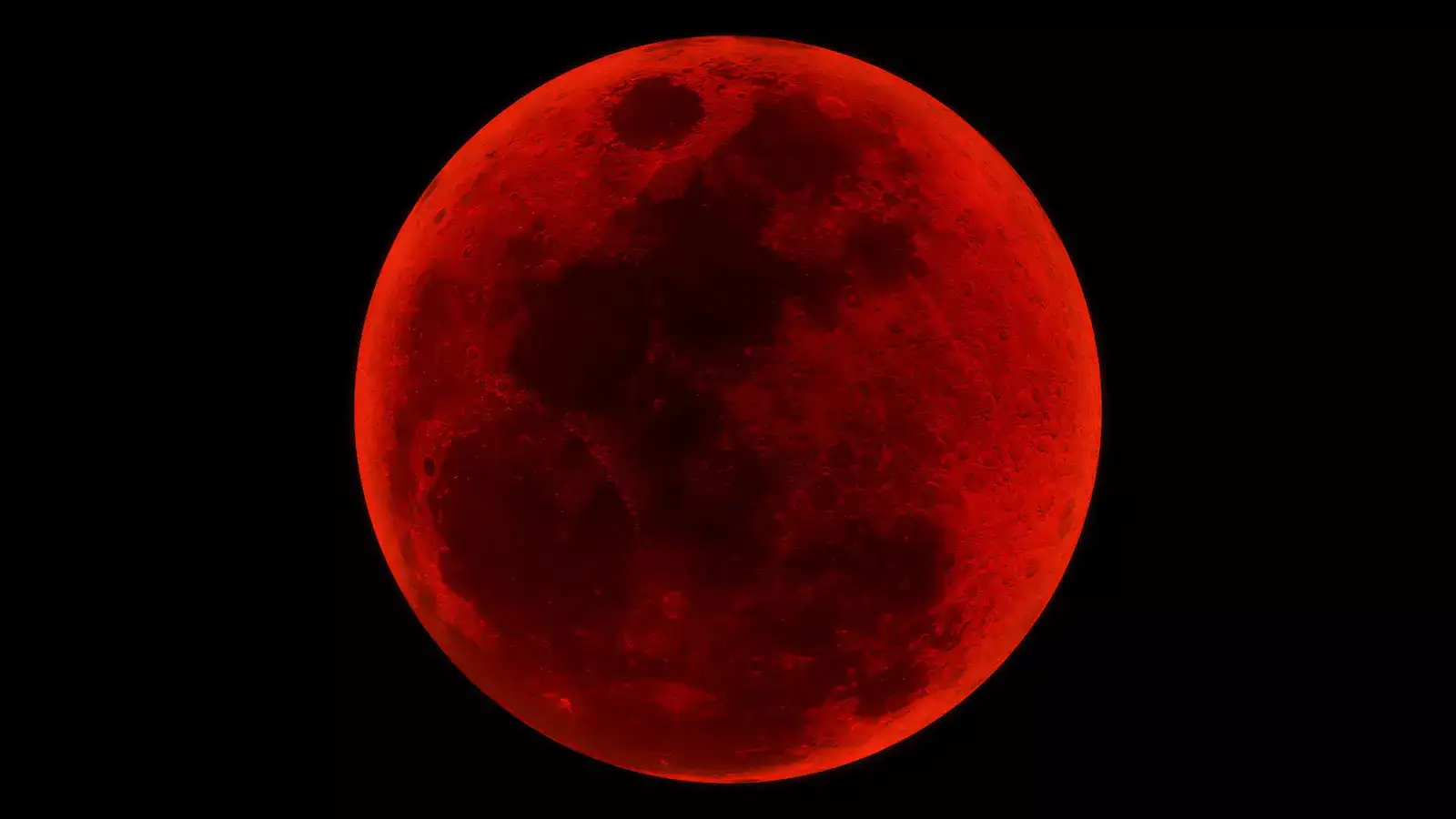By The Arusha News Reporter.
Arusha residents and stargazers across the world are in for a rare celestial treat this weekend. On Sunday, September 7, 2025, the Moon will slip fully into Earth’s shadow, producing a spectacular total lunar eclipse that will last nearly an hour and a half.
In Arusha and much of northern Tanzania, the eclipse will begin at around 6:25 p.m., just after sunset. As Earth moves between the Sun and the Moon, the lunar surface will gradually darken before glowing in dramatic shades of red and copper, a phenomenon popularly called a “Blood Moon.”
According to Tanzanian scientist, Dr Daniel Cunnama, the description is more cultural than scientific. He emphasised that the copper-red colour seen during a total eclipse is caused by Earth’s atmosphere filtering sunlight onto the Moon.
This eclipse is especially significant because it occurs just 2.5 days before perigee, the point when the Moon is closest to Earth. The result will be a “Super Blood Moon” that appears larger and darker than usual.
The event will be visible across Africa and Europe on Sunday night and in much of Asia and the Pacific on Monday, September 8. Observers in the Americas will miss out unless they travel abroad. Astronomers note that total lunar eclipses happen only when the Moon, Earth and Sun align perfectly, roughly once every four months.
The next total lunar eclipse will occur on March 3, 2026, visible in Asia, Australia, the Pacific Islands and the Americas followed by a partial eclipse on August 27-28, 2026, visible across Africa, Europe, the Americas and Western Asia.
Looking further ahead, on April 13, 2029, a 400-metre-wide asteroid named 99942 Apophis will pass just 32,000 kilometres from Earth – closer than some satellites. Scientists assure it poses no impact threat, but it will be the closest flyby of such a large asteroid ever recorded.
For Arusha and the northern zone, Sunday’s Super Blood Moon promises a breathtaking reminder of the wonders of space. As the Moon glows red over Mount Meru, residents will share in one of nature’s grandest spectacles



